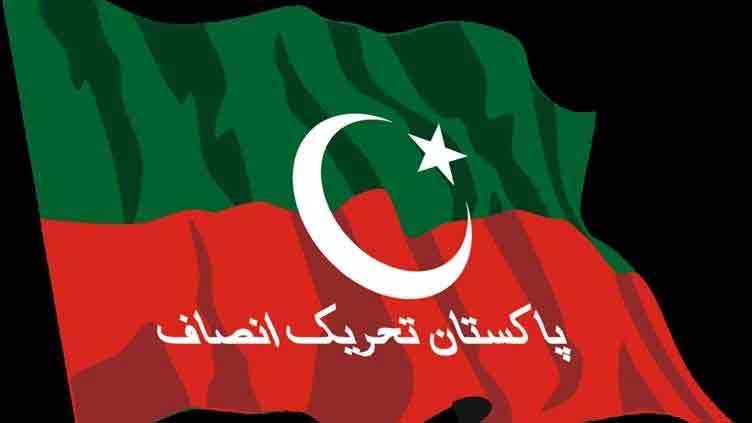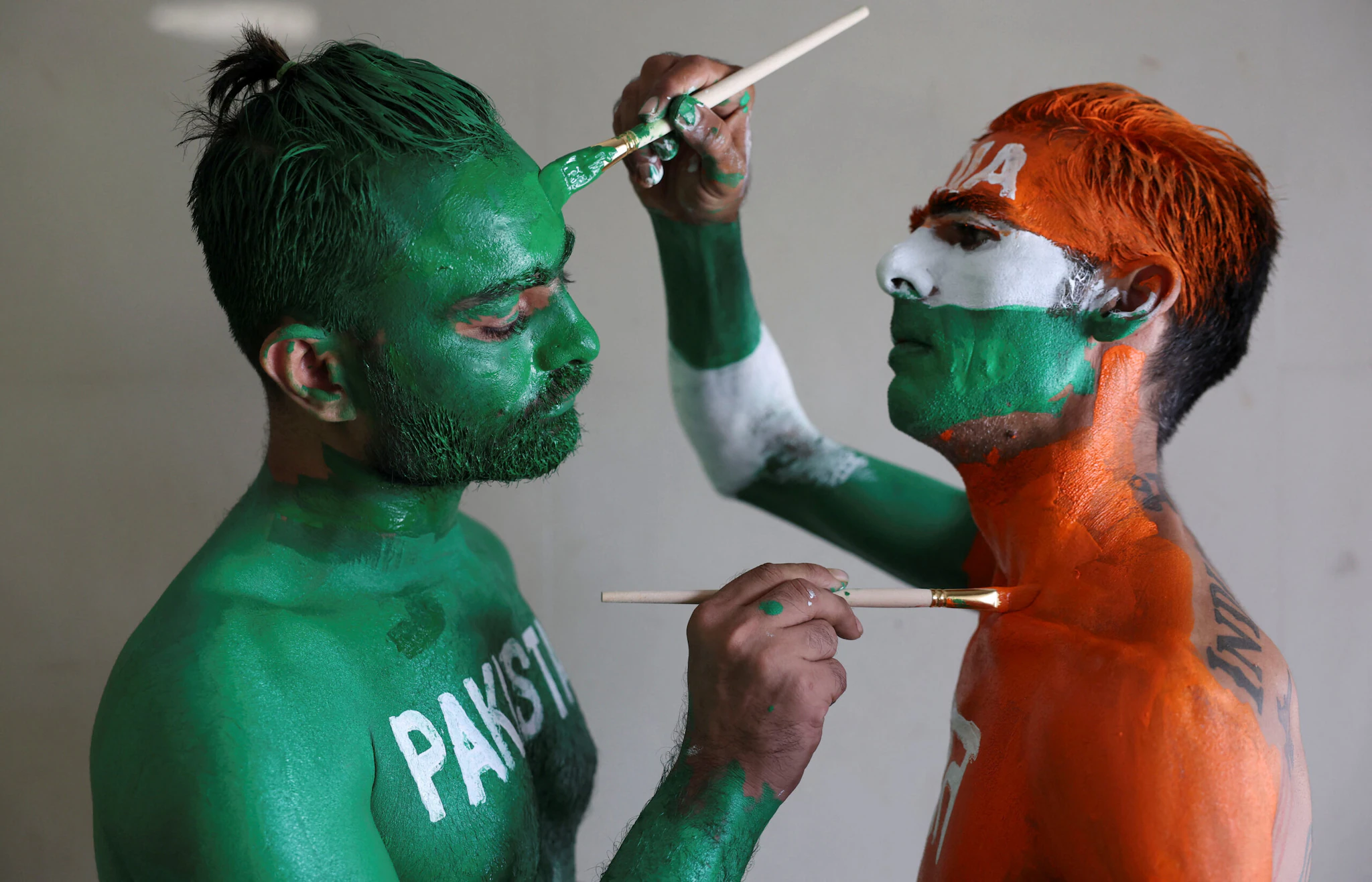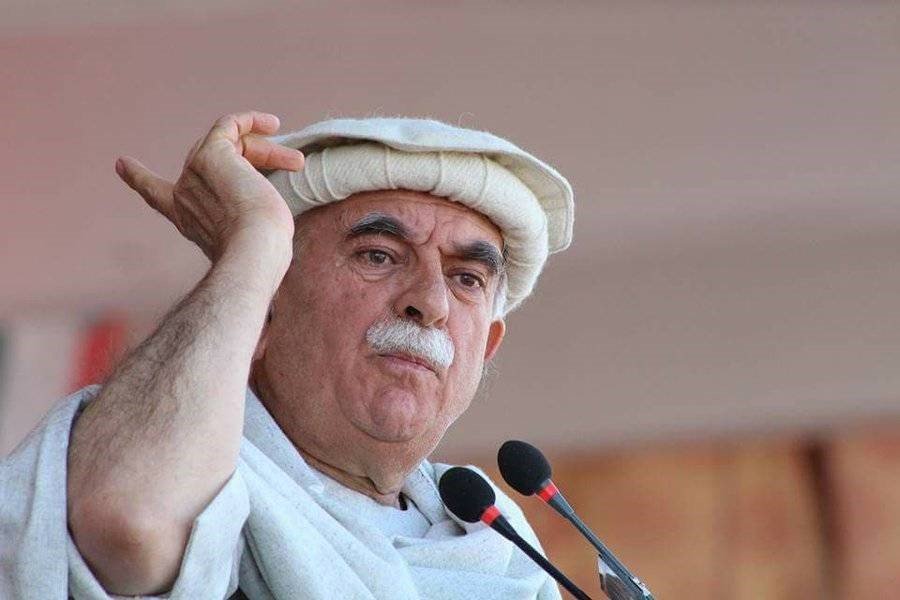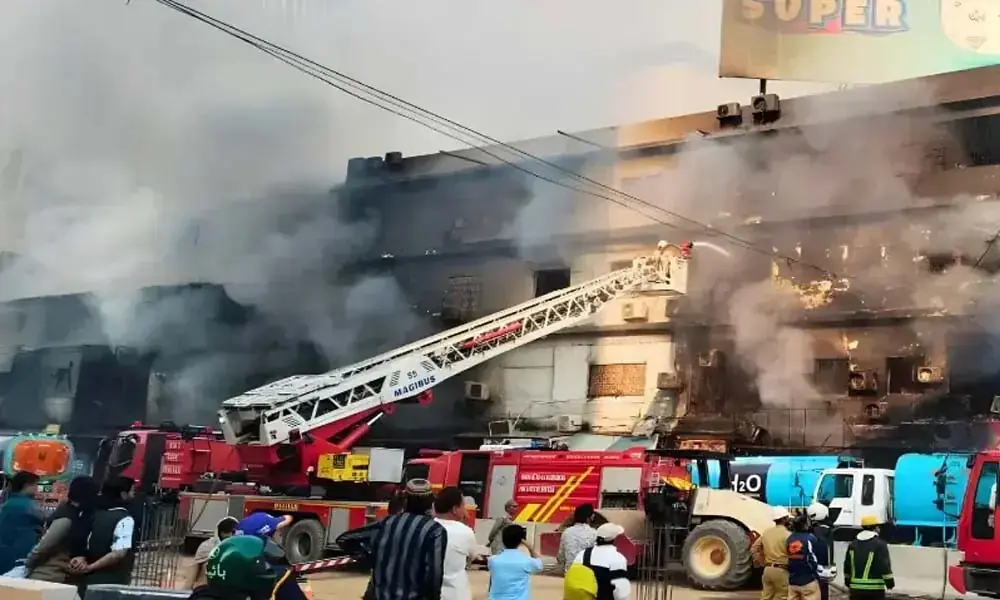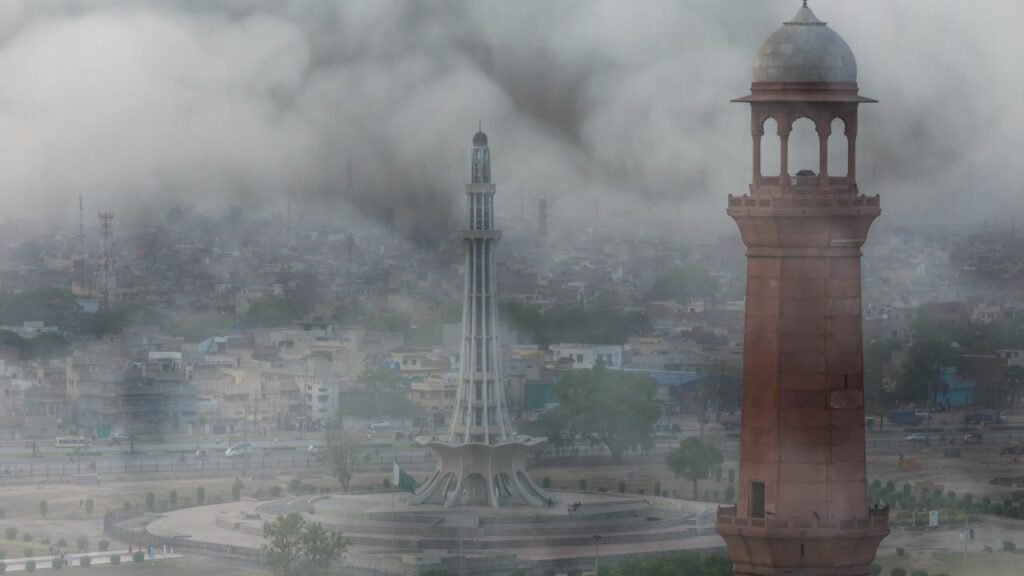Niaz Ahmed Khan
Pakistan Tehreek-e-Insaf (PTI) seems to be standing once again at a critical political crossroads. Recent meetings between old and new party figures with the incarcerated Vice Chairman Shah Mahmood Qureshi have stirred speculation about internal recalibrations. Over the weekend, multiple political visitors reached out to Mr Qureshi—now recovering at a Lahore hospital—to discuss what sources described as “political matters.” Yet, the meetings may have been more symbolic than substantive, hinting at deeper fractures within the party’s evolving power dynamics.
On Saturday, former PTI stalwarts Fawad Chaudhry, Mahmood Maulvi, and Imran Ismail met Qureshi at the hospital. Once among the most visible faces of the PTI government, these leaders have since drifted away or been sidelined. Their visit was reportedly meant to seek his endorsement for a “Free Imran Khan” campaign, yet media reports suggested they “returned empty-handed.” The encounter, though brief, reignited debate about shifting loyalties and the state of disarray within PTI’s political strategy.
Follow Republic Policy on YouTube
The following day, PTI Secretary-General Salman Akram Raja, accompanied by Shaukat Basra and Zaheer Babar, also visited Qureshi. The official line described the meeting as a discussion on the “current political situation.” However, the timing of back-to-back meetings, and the participation of both dissident and active members, indicates more than routine consultations—it reflects a possible re-evaluation of the party’s direction and leadership approach.
Shah Mahmood Qureshi, a veteran politician with decades of experience, has largely stayed out of the public eye since his incarceration. Yet, his political gravitas remains undeniable. For many within PTI, Qureshi represents a bridge between the party’s original ideological base and its now fragmented organizational core. That both current and former PTI leaders sought to meet him suggests renewed attempts to either reconcile factions or explore a post-Imran Khan political pathway.
Follow Republic Policy on Facebook
Statements made by former PTI leaders after the meeting were particularly revealing. They criticized the present PTI leadership for failing to secure relief for its detained members, including not only Imran Khan but also Dr Yasmin Rashid, Ejaz Chaudhry, Omar Sarfraz Cheema, and Qureshi himself. Their shared frustration echoed a broader sense of stagnation—both legally and politically—within PTI. The party that once promised revolutionary governance now appears trapped between confrontation and isolation, unable to regain its lost political leverage.
Follow Republic Policy on TikTok
According to reports, Qureshi’s lawyer confirmed that the former leaders were politely turned away before they could present their full agenda. Yet, the very act of approaching him reveals ongoing political manoeuvring behind closed doors. Qureshi’s silence—deliberate or strategic—has only deepened speculation. Within the party, he is seen as a figure who could either help reconcile internal divisions or become the focal point of a potential alternative leadership bloc if circumstances demand.
Follow Republic Policy on Instagram
At the heart of this unfolding drama lies a question of strategy. A recent column by a senior political commentator argued that Imran Khan’s unyielding confrontational politics has effectively “blocked his party’s path.” That view—whether fair or not—reflects growing anxiety among PTI’s traditional allies and former insiders. The fear of another “minus-Imran” plan looms once again, this time perhaps not externally imposed but emerging from within the party’s own survival instincts.
Follow Republic Policy on WhatsApp Channel
For PTI, the challenge is no longer just political persecution; it is strategic paralysis. Negotiation remains an open door, but persistent obstinacy has kept the party from walking through it. By antagonizing every stakeholder—from rival parties to state institutions—PTI has shrunk its space for political engagement. Its narrative of resistance, once a rallying cry for reform, now risks sounding like a refusal to adapt.
Both the government and PTI share blame for deepening polarization. The state’s punitive response and the party’s defiant posture have together narrowed democratic space in Pakistan. The imprisonment of multiple leaders, the absence of meaningful dialogue, and the shrinking room for dissent signal not just a party crisis but a systemic one. PTI, with arguably the largest popular base in the country, bears a special responsibility to lead constructively rather than perpetuate confrontation.
If the party fails to evolve, it risks marginalization at a time when the political order itself is in flux. Pakistan’s democratic structure cannot afford another cycle of zero-sum politics. What the country needs is reconciliation, institutional dialogue, and a shared political roadmap to restore public trust. PTI’s leadership must therefore reflect deeply on how to end this prolonged political stalemate—not through defiance but through negotiation and reform.
In the end, the current moment is more than a struggle for power—it is a test of political maturity. Whether Shah Mahmood Qureshi’s quiet hospital meetings signal realignment or mere optics, they highlight one truth: PTI’s survival depends not on defiance alone but on rediscovering its capacity for dialogue and adaptability. Without that, Pakistan’s most significant political movement risks becoming a footnote in the very history it once vowed to rewrite.



